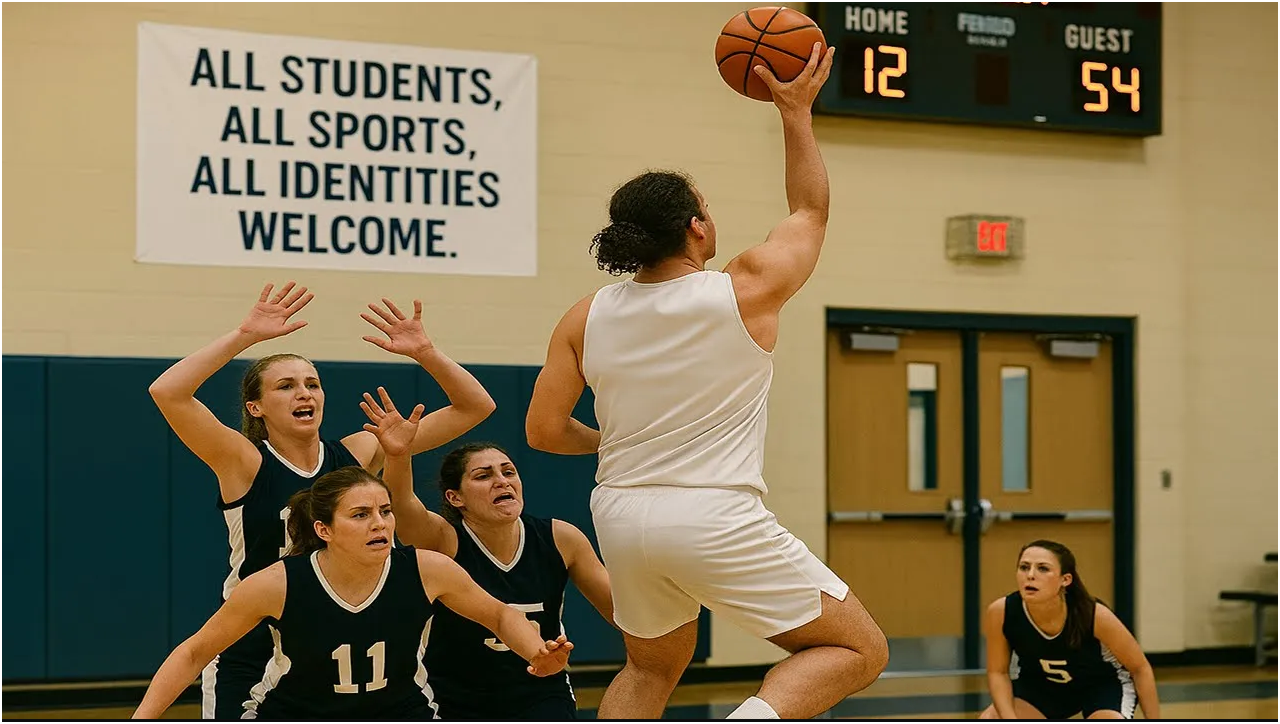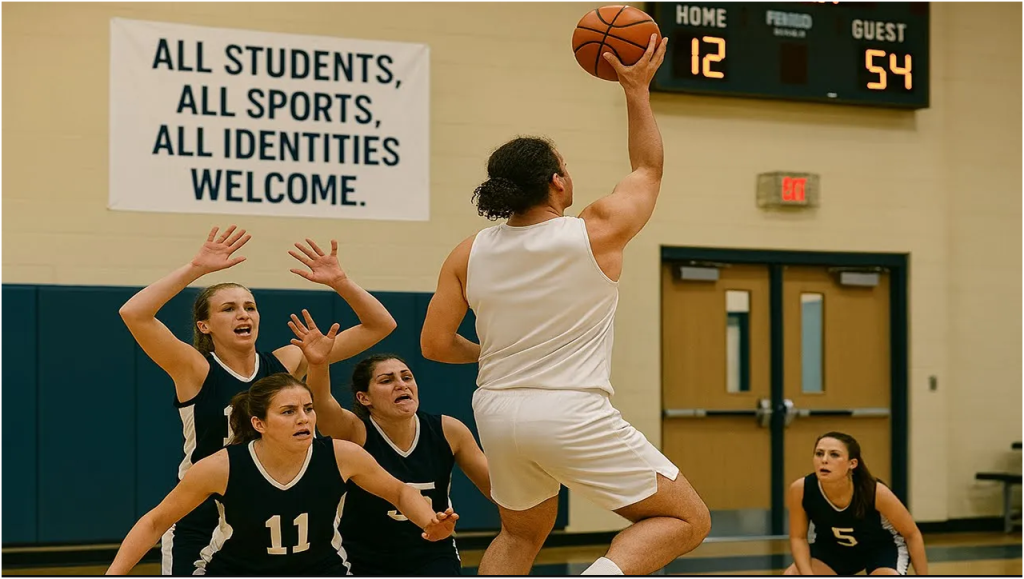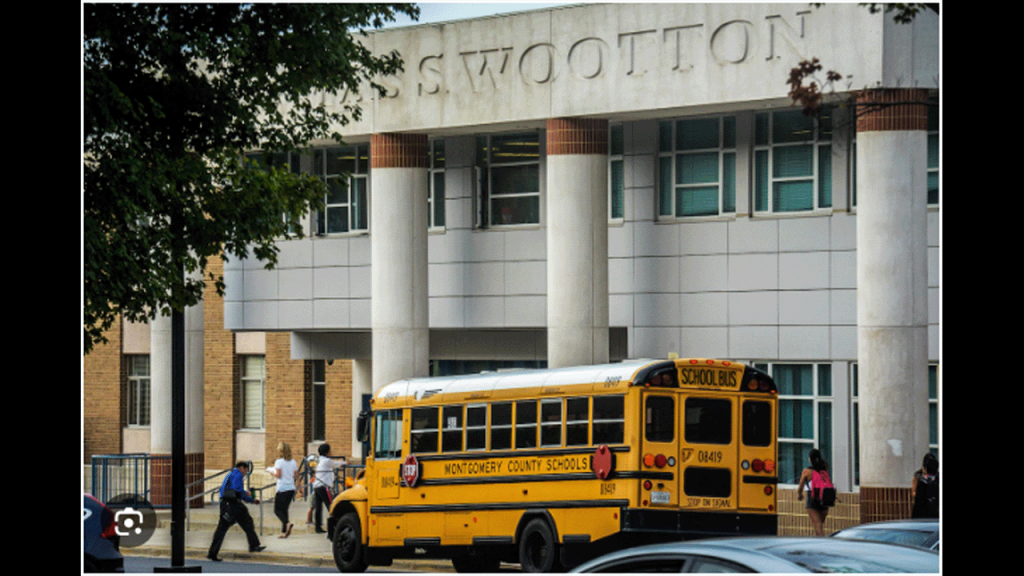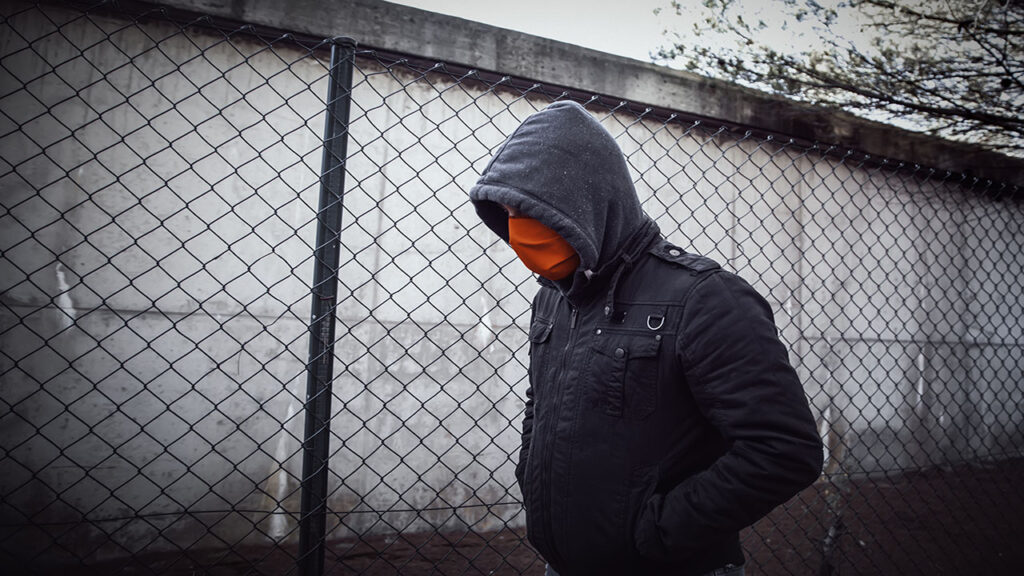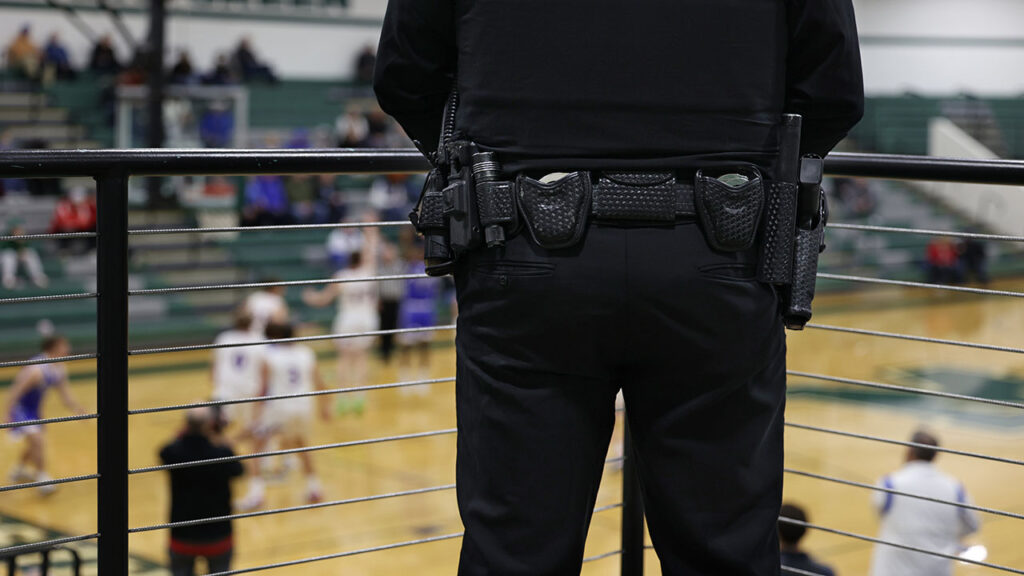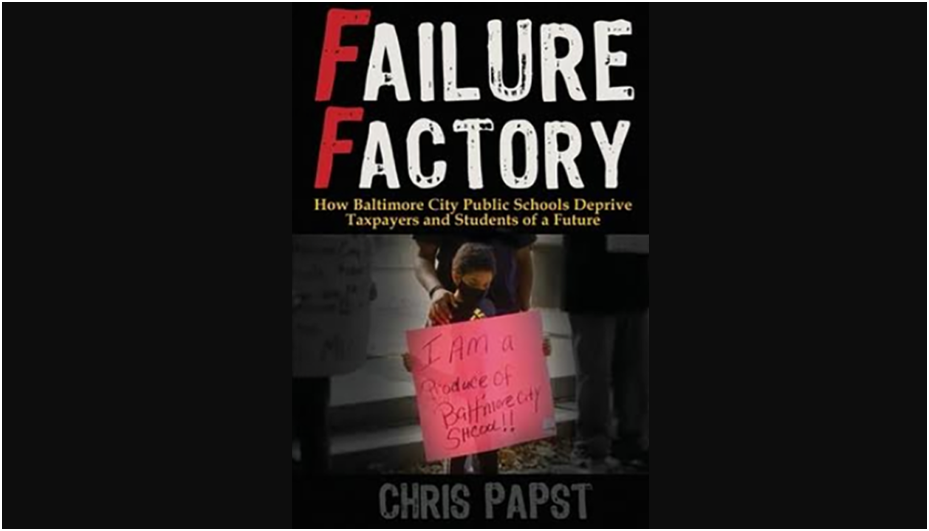
Dianne Feinstein’s Fight to Stop Gun Violence in Schools Central to Her Legacy
U.S. Sen. Dianne Feinstein, who died Sept. 29 after five decades in politics, is being mourned as a “trailblazer” and “unwavering ally” of advocates for stricter gun laws to stop school shootings.
A centrist who at times took on progressive priorities during her more than 30 years in the Senate, Feinstein, who lived to age 90, is also remembered for her support of charter schools and her efforts—often behind the scenes—to boost federal funding for student financial aid and early childhood education.
But curbing gun violence, an issue of tremendous significance to schools that have been hit by a steady number of shootings, was a signature issue for Feinstein. Among her most significant legislative accomplishments: An amendment to ban the manufacturing and sale of certain types of assault weapons, which became part of a crime bill that President Bill Clinton signed into law in 1994. The assault weapons ban expired 10 years later and was never renewed or replaced, despite Feinstein’s persistent efforts.
“The fact that she and others championed the effort to ban those assault weapons was very significant,” said Pedro Noguera, the dean of the University of Southern California’s Rossier School of Education. “Now, unfortunately, those bans are no longer in effect, and we’re seeing the result. But she was an early leader in that.”
Feinstein, who sat on the Senate Appropriations Committee, fought for increased funding for charter schools—work that earlier this year earned her an award from the California Charter Schools Association, even as charter schools have lost some of their support among Democrats. She was “among the most vocal and consistent supporters of charter public schools in the U.S. Senate for the past 30 years,” said Myrna Castrejón, the association’s president and CEO, in a statement.
Feinstein also supported more traditional Democratic education priorities through her role on the powerful spending committee. She was “a real warrior for student financial aid,” including Pell Grants for low-income college students, as well as early childhood education programs, such as Head Start, pointed out Linda Darling-Hammond, the president of the California State Board of Education.
“She was somebody the education community could always turn to be a strong, strong advocate,” said Darling-Hammond, who also serves as the president and CEO of the Learning Policy Institute, a think tank.
Curbing gun violence was personal for Feinstein
Even after the assault weapons ban ended, Feinstein continued to fight to curb gun violence. She worked to establish a federal “red-flag law,” which would permit the removal of firearms and ammunition from people believed to pose a danger to themselves or others, and to expand background checks for would-be gun buyers, advocates said.
And in January 2013, just weeks after 20 students and six educators were killed at Sandy Hook Elementary School in Newtown, Conn., she introduced legislation prohibiting the sale of more than 150 types of military-style weapons and large-capacity magazines.
The fight to curb gun violence was personal for Feinstein, who served as president of the San Francisco Board of Supervisors in 1978 when Mayor George Moscone was gunned down alongside Supervisor Harvey Milk at City Hall by Dan White, a disgruntled former supervisor.
Feinstein found Milk’s body. As she championed gun restrictions in the decades that followed, she would often describe how her finger slipped into a bullet hole when she felt for his pulse.
She invoked the tragedy in a debate during a Senate hearing with Sen. Ted Cruz, R-Texas, who questioned the constitutionality of the legislation she introduced in response to Sandy Hook.
“I’m not a sixth grader,” Feinstein said in the 2013 exchange with Cruz. “Senator, I’ve been on this committee for 20 years. I was a mayor for nine years. I walked in—I saw people shot. I’ve looked at bodies that have been shot with these weapons. I’ve seen the bullets that implode. In Sandy Hook, youngsters were dismembered.”
The video of their exchange went viral.
Advocates for gun restrictions see Feinstein’s early championship of those issues as a cornerstone of her legacy.
“At a time when few would even talk about gun violence, Sen. Feinstein was an unwavering ally for our movement and fought hard to address the gun violence epidemic in our country,” said members of March for Our Lives, a youth-led gun violence prevention organization founded in the wake of the massacre at Marjory Stoneman High School in Parkland, Fla.
Similarly, a statement from John Feinblatt, the president of Everytown for Gun Safety, called Feinstein a “trailblazing champion for the gun safety movement. No fight was too tough for her.”
Angela Ferrell-Zabala, executive director of Moms Demand Action, called her an “early, vocal champion for gun safety legislation [whose] advocacy remained steadfast throughout her career.”
After Moscone’s death, Feinstein became San Francisco’s first female mayor. She won two mayoral elections before being elected to the Senate in 1992 as California’s first female senator.
Feinstein was not a major leader on education issues during her Senate career. But the steps she did take on K-12 policy were consistent with her reputation as a consensus builder and centrist.
In 2001, Feinstein was among 87 senators in both parties to support the No Child Left Behind Act, which required schools to test students in reading and math in grades 3-8 and once in high school and established significant consequences for schools that missed achievement targets. She also supported its replacement, the Every Student Succeeds Act, which passed in 2015 and sought to return more control over K-12 education to states and school districts.
Feinstein was also a proponent of expanding charter schools, a K-12 issue that has historically had bipartisan backing. In 2022, for instance, she joined Sens. Michael Bennet, D-Colo., and Tim Scott, R-S.C., in pushing back against the Biden administration’s efforts to place new restrictions on federal funding for charter schools.
In 2009, Feinstein introduced legislation with the late Sen. Robert Byrd, D-W.Va., Sen. Joseph Lieberman, I-Conn., and three of their Republican colleagues to extend the D.C. Opportunity Scholarship program, which offers District of Columbia students from low-income families vouchers to attend private schools.
More recently, she joined Scott, the South Carolina senator, and Sen. Rick Scott, R-Fla., in a resolution designating Jan. 22-28 as National School Choice Week.
Republican lawmakers recalled Feinstein’s willingness to work across the aisle.
“On a personal level, she was a friend,” said Sen. Lindsey Graham of South Carolina, who served with Feinstein on the Judiciary Committee, in a statement. “I enjoyed working with Dianne on tough issues as she understood the give and take nature of politics and negotiation. I would recommend any young person who is interested in a political life to study the life and career of Sen. Dianne Feinstein as a role model.”
Dig Deeper With Our Longreads
Newsletter Sign up to get our best longform features, investigations, and thought-provoking essays, in your inbox every Sunday.
The MEN was founded by John Huber in the fall of 2020. It was founded to provide a platform for expert opinion and commentary on current issues that directly or indirectly affect education. All opinions are valued and accepted providing they are expressed in a professional manner. The Maryland Education Network consists of Blogs, Videos, and other interaction among the K-12 community.

